Oct 28, 2025 10:47 AM
In Memoriam: Jack DeJohnette, 1942–2025
Jack DeJohnette, a bold and resourceful drummer and NEA Jazz Master who forged a unique vocabulary on the kit over his…
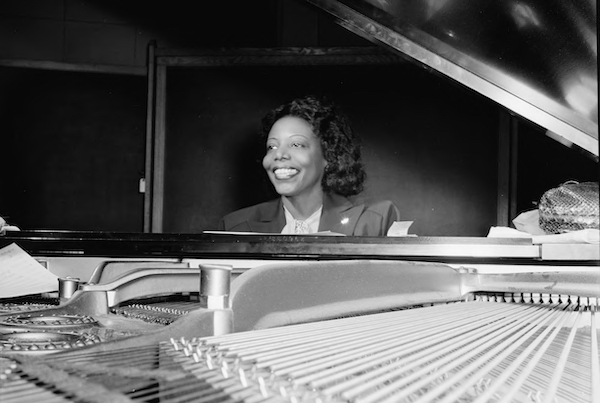
Mary Lou Williams’ long, fruitful career is lovingly chronicled by Tammy L. Kernodle in Soul on Soul: The Life and Music of Mary Lou Williams, which has been published in paperback for the first time.
(Photo: William P. Gottlieb/Library Of Congress)Mary Lou Williams was an idiosyncratic composer, arranger and pianist whose 60-plus-year career remains ruthlessly hard to synthesize. And as Tammy L. Kernodle, author of Soul on Soul: The Life and Music of Mary Lou Williams, observed, jazz critics previously have been predisposed to discuss Williams via hollow comparisons to her female contemporaries.
When Williams began performing live in Pittsburgh during the 1920s, she idolized Chicago pianist and bandleader Lovie Austin, who perhaps was best known for accompanying blues singers like Ida Cox and Ma Rainey (and purportedly tooling around Jazz Age Chicago in her leopard-skin upholstered Stutz Bearcat roadster). But instead of replicating her sound, Kernodle explained, Williams helped facilitate “the progression of ragtime, blues and stride bass piano styles,” noting that those “elements are the undercurrent of her style.”
The innovative Williams also served as connective tissue between stride piano and bebop. Even early in her career, Kernodle said, Williams was “engaging with the blues in unique ways in which few arrangers in the ’30s and ’40s were using them.” Her arrangements foreshadowed “the advanced harmonic language that we hear in bebop in the late 1940s and ’50s.”
In Soul on Soul—which in October was published in paperback for the first time by University of Illinois Press—Kernodle explained that during that time, Williams, no stranger to experimentation, was playing “what she called zombie music. This style, according to [Williams], consisted of “mainly ‘outré’ chords and ‘out’ harmonies based on ‘off’ sounds.” Later, she was friend and mentor to countless younger artists, including Bud Powell and Dizzy Gillespie.
She also mentored bopper Thelonious Monk—a relationship that dated back to 1934, when he was 16, she was in her 20s and the pair met in Kansas City, Missouri.
Interspersed with Williams’ trio recordings—which rank among the setting’s most inspired works—were expansive, large-scale compositions and Catholic masses. The Zodiac Suite from 1945, which was performed by the New York Philharmonic Chamber Orchestra, became a signature for the pianist, and yet, Kernodle laments, the work seldom is properly lauded.
“We’ll say, ‘Oh, look, what he did—that was progressive,’” Kernodle said about Duke Ellington’s Black, Brown and Beige suite from 1943. “But we won’t talk about The Zodiac Suite.”
Williams’ career transpired with the backdrop of her working out of her Harlem apartment in the 1950s and ’60s to help addicted musicians return to performing, efforts that led to her founding the Bel Canto Foundation to help rehabilitate drug users.
But compounding the difficulties of being Black in 20th-century America and the oppression attached to that reality, Williams dealt with being pitted against other female performers of the era by jazz critics. Kernodle contextualizes those conversations as “representative of the larger way in which men try to frame women who move in spaces that they see as male centered. White jazz critics were always selling Mary Lou as the symbol of real jazz. Hazel Scott was always being signified as not being authentic jazz. But ultimately, there was a sense of sisterhood between them.” Williams and Scott, the author continued, generally weren’t seen as “progressing the idiom, or maybe even exceeding these men that we have established as the masters of the art form.”
In her book, Kernodle explained that the result of skewed criticism around Williams’ work resulted in a focus on her being a novelty, rather than an equal to her male peers. In 1943, Time magazine determined that she was “no kitten on the keys ... not selling a pretty face or a low décolletage.”
Conversely, Kernodle’s Soul on Soul serves as an essential text, working to set the record straight on one of the genre’s most significant—and conspicuously ignored—composers. DB
This story originally was published in the December 2020 issue of DownBeat. Subscribe here.
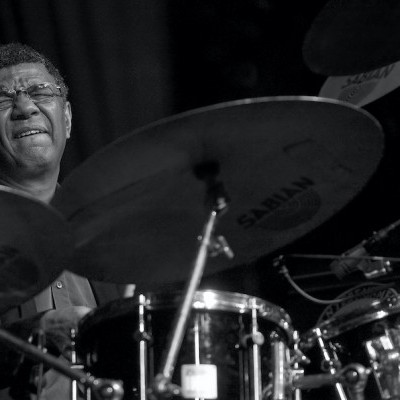
Jack DeJohnette boasted a musical resume that was as long as it was fearsome.
Oct 28, 2025 10:47 AM
Jack DeJohnette, a bold and resourceful drummer and NEA Jazz Master who forged a unique vocabulary on the kit over his…

D’Angelo achieved commercial and critical success experimenting with a fusion of jazz, funk, soul, R&B and hip-hop.
Oct 14, 2025 1:47 PM
D’Angelo, a Grammy-winning R&B and neo-soul singer, guitarist and pianist who exerted a profound influence on 21st…
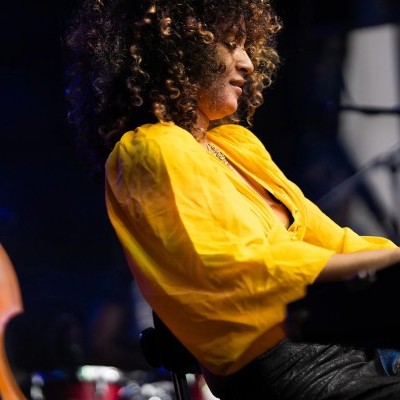
Kandace Springs channeled Shirley Horn’s deliberate phrasing and sublime self-accompaniment during her set at this year’s Pittsburgh International Jazz Festival.
Sep 30, 2025 12:28 PM
Janis Burley, the Pittsburgh International Jazz Festival’s founder and artistic director, did not, as might be…
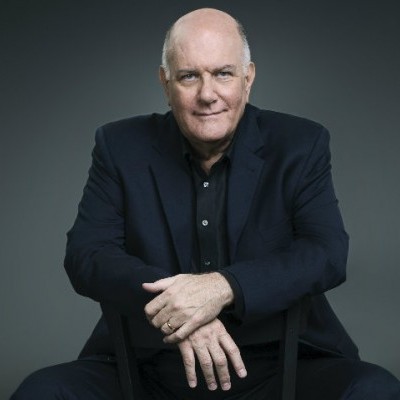
Jim McNeely’s singular body of work had a profound and lasting influence on many of today’s top jazz composers in the U.S. and in Europe.
Oct 7, 2025 3:40 PM
Pianist Jim McNeely, one of the most distinguished large ensemble jazz composers of his generation, died Sept. 26 at…
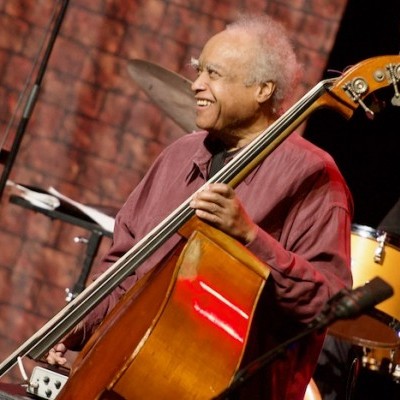
Drummond was cherished by generations of mainstream jazz listeners and bandleaders for his authoritative tonal presence, a defining quality of his style most apparent when he played his instrument unamplified.
Nov 4, 2025 11:39 AM
Ray Drummond, a first-call bassist who appeared on hundreds of albums as a sideman for some of the top names in jazz…